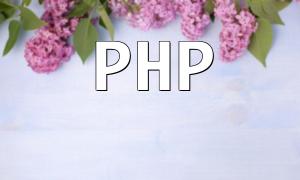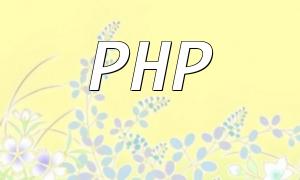WordPress conditional tags are functions used to determine the current page’s status. They play a crucial role in theme development. By returning boolean values, these functions allow developers to control the display of different parts of templates dynamically, enabling personalized layouts and content switching.
This function checks if the current page is a category archive page. It returns true if yes, otherwise false. It is commonly used to load specific styles or functionalities for category pages.
if (is_category()) {
echo "This is a category page!";
} else {
echo "This is not a category page!";
}
is_single() checks whether the current page is a single post page, returning true or false. It’s useful for adding features like author info or sharing buttons specifically to posts.
if (is_single()) {
echo "This is a single post!";
} else {
echo "This is not a single post!";
}
is_front_page() determines if the current page is the front page of the site. Returns true if so, false otherwise. It’s commonly used to customize front page elements like sliders or featured posts.
if (is_front_page()) {
echo "This is the front page!";
} else {
echo "This is not the front page!";
}
is_page() checks if the current page is a static page, such as About or Contact pages. This function helps customize layouts for those specific pages.
if (is_page()) {
echo "This is a page!";
} else {
echo "This is not a page!";
}
is_search() detects if the current page is a search results page. It’s often used to enhance search UX by showing highlighted keywords or no-results messages.
if (is_search()) {
echo "This is a search page!";
} else {
echo "This is not a search page!";
}
WordPress conditional tags can be nested to create more complex logic. For example, you might first check if the page is a category archive, then further check which category it belongs to for precise control.
if (is_category()) {
if (in_category("news")) {
echo "This is the news category page";
} elseif (in_category("technology")) {
echo "This is the technology category page";
} else {
echo "This is another category page";
}
}
This article introduced common WordPress conditional tags and their usage. These tags are core tools for controlling page logic and customizing features. Mastering them will greatly enhance your flexibility and efficiency in theme development.



